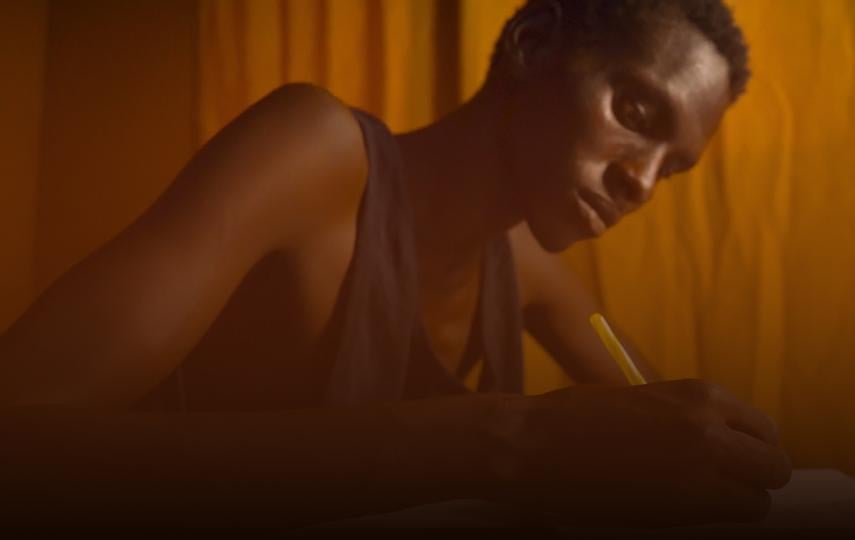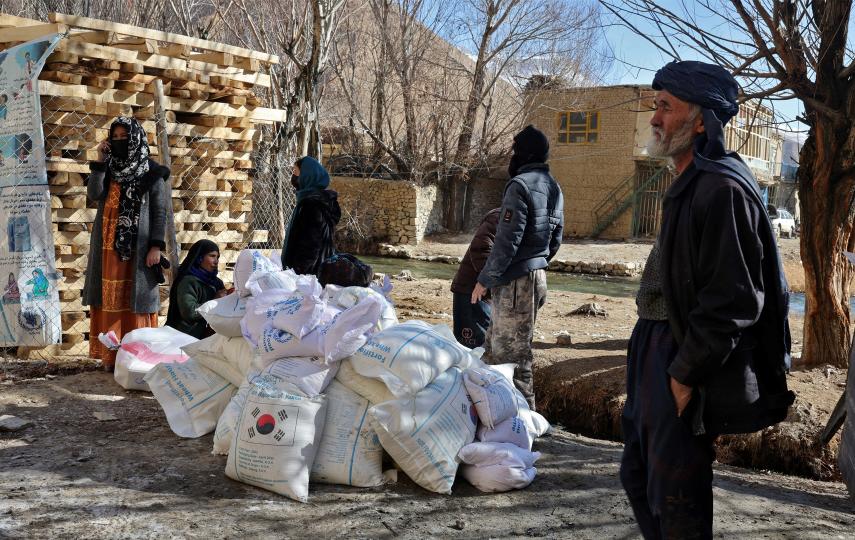This is Inklings, where we explore how aid works in the wilds of humanitarian hubs, on the front lines of emergency response, or in the dark corners of aid punditry.
It’s also available as an email newsletter. Subscribe here.
Today: Presence versus access in Myanmar, smaller donors’ newfound power, and who believes in principled humanitarian action?
On the radar |
Myanmar earthquakes: Did you hear that a plane landed in Yangon? UNICEF was there to snap a photo and send out a press release: It was “the first humanitarian flight by an aid organisation to land in Myanmar”, the organisation said, after March earthquakes that have killed at least 3,600 people. It also marked the start of a familiar scramble as Big Aid’s fundraising and publicity jet engine roars into gear:
UNHCR said it’s rushing emergency supplies.
WFP said it started delivering “within 48 hours”.
IOM said it was “working around the clock”.
And UNICEF landed a plane and wrote a press release, likely fulfilling contractually mandated donor visibility requirements.
The Myanmar earthquakes are one of the first disaster emergencies to spike on the humanitarian radar since the start of Trump 2.0’s aid dismantling. Does the existential funding crisis – and various calls for reform and vague promises of reset – change how the international system operates? The early returns suggest a system playing to type – heavy on self-branding, light on access but not really admitting it, and still a bit messy on how to work with civil society and non-state groups in a country the ruling junta doesn’t fully control. Aid never happens in a vacuum, but this is especially true in Myanmar. “The junta is likely to take advantage of this latest tragedy to portray itself as Myanmar’s legitimate government, seek to reinforce the myth it is the only institution that can hold the country together, and get broader support for its upcoming elections,” journalist Thin Lei Win writes in The Guardian.
Principled humanitarianism: Does it seem like relatively few NGOs signed on to this statement, which pledges to shun donor dependency and competition, and to keep promises on gender and diversity? It’s billed as a collective statement on principled humanitarian action, but only 22 NGOs or networks seem to have signed on. A few tidbits from the statement:
“We must cede space where necessary, either because the need is greatest elsewhere or to ensure the best-placed actors can sustain their presence, so that a scarcity of resources does not drive competition.”
“We must recognise that when NGOs become too dependent on any one major donor it gives political actors unprecedented control over humanitarian decisions. To ensure our independence, we must diversify funding and partnerships.”
“We must resist the arguments for blind pragmatism and the promises that funding can be restored if we go where we’re directed, turn away from our commitments to gender, diversity and inclusion, or quiet our voices.”
They’re constructive points for navigating a destructive era. But given the rush to scrub websites of DEI, the ubiquitous scramble for funding and screen time, and the seemingly tepid buy-in for this statement, they’re also mostly aspirational.
Acronymage |
IPPF: The International Planned Parenthood Federation says it has launched a task force that will provide emergency funding to members and partners hardest hit by the Trump cuts. While many international organisations were silent as Trump’s aid dismantling began in January, IPPF was one of the few speaking up.
OSET ➡ ODET: Perhaps you missed this rebranding: The Office of the UN Secretary-General’s Envoy on Technology became the UN Office for Digital and Emerging Technologies on 1 January.
DI: The data-sifting analyses produced by Development Initiatives were once required reading. The formerly UK-based group suddenly shut down last October. These days, DI’s web domain is parked on GoDaddy.
End quote |
“Donors are frustrated with the humanitarian oligarchy and even feel trapped, yet they struggle to wield their Wall Street-like power.”
Contributors Dustin Barter and Mohamed Yarrow penned this treatise on how the pursuit of growth came to dominate humanitarianism, why it blocks reform, and how to tame it.
It’s a critique of where the humanitarian system sits today – wrapped in a parable of class struggle.
Humanitarian donors are portrayed as “financiers” that could play a constructive role in reforms. “While they are often besotted with the oligarchs, they are not beholden,” they write. “As the fissures in the system rapidly expand, the humanitarian donors can reallocate their capital.”
This hits at a point that has become increasingly clear weeks into Trump 2.0. Today’s (remaining) donors aren’t looking to fund a smaller version of the same system, but they’re not sure what the alternative is either.
Suddenly cut off from US money, aid groups naturally eyed other big government donors. But broad cuts have been forecast for years, and donors were hardly satisfied with the humanitarian status quo to begin with.
In the sudden absence of US cash, today’s government donors have seen their influence over the international sector multiply overnight. They have more power to encourage changes – big or small – or to maintain business-as-usual on an ever-shrinking scale.
Have any tips, recommendations, or indecipherable acronyms to share with the Inklings newsletter? Get in touch: [email protected]





